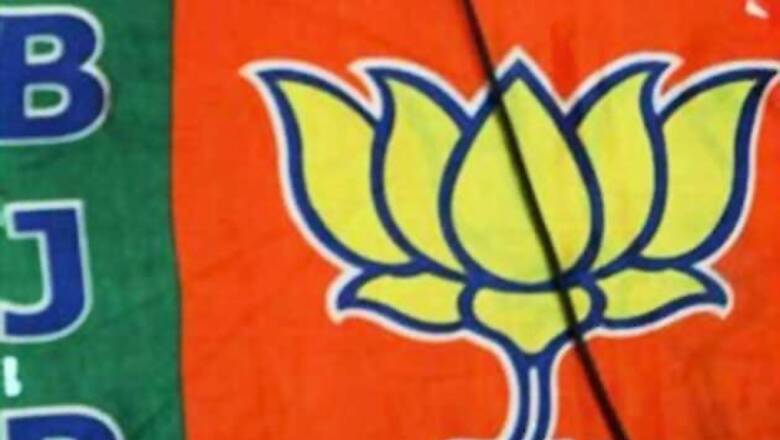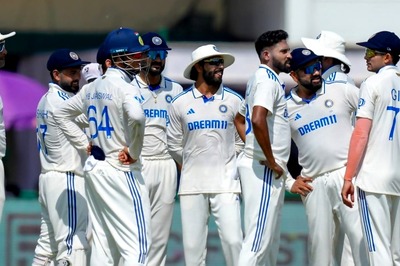
views
New Delhi: As the government seemed determined to go ahead with the controversial GAAR, BJP has said adequate safeguards needed to be put in place with regard to the new tax provision which has already created a scare among the foreign investors.
BJP leader Yashwant Sinha alleged that the government had mishandled the GAAR (General Anti-Avoidance Rules), a measure to check tax evasion, which was proposed in the General Budget 2012-13 but was deferred till April next year in the wake of outrage by foreign investors.
Sinha, who heads the Parliamentary Standing Committee on Finance, said his panel had suggested a number of safeguards including making application of GAAR with prospective effect so that the existing agreements are not affected.
"We have mentioned a number of safeguards which must be put in place before you implement GAAR. So, basically I am not opposed to GAAR. But with a number of safeguards which the committee has pointed out, including the accountability of the tax administration," Sinha said.
He alleged that GAAR, in its present form, was a "scary" provision for foreign investors like the retrospective amendment to tax laws and had the potential of pushing away the foreign investors.
The Standing Committee in its recommendations on the Direct Taxes Code (DTC) Bill submitted on March 9 to Parliament had highlighted the concerns among the investors over GAAR and underlined the need for steps to address these.
It had made a slew of recommendations to simplify the proposed rules. "Uncertainties with regard to applicability of tax treaty provisions should be removed so that India's credibility as a reliable treaty partner is not affected," it had underlined.
The Standing Committee had suggested that the provisions to deter tax avoidance should not end up penalising tax-payers who have genuine reasons for entering into a bonafide transaction.
"In the Committee's view, the onus should rest on the tax authority invoking GAAR and this should not be shifted to the taxpayer," the Committee had said.
The Committee had also referred to the clause in the GAAR that the orders of the Commissioner invoking GAAR provisions will be subject to approval of Dispute Resolution Panel (DRP) which is a collegium of three Commissioners of Income Tax.
Not happy with this, the Committee observed, "Since this is a purely departmental body, it will be fair and just if the review is done by a more independent body." It said DRP should give ample opportunity to the assessee to present his case and the Assessing Officer should record his reasons in writing before passing the order invoking GAAR.
Further, the DRP should be headed by a Chief Commissioner of Income Tax and two other Members who will be independent technical persons, the Committee had said.
It also suggested that a threshold limit for specific amount of tax may be prescribed for application of GAAR, which may be reviewed with experience.
While pointing to these recommendations, Sinha said, "Clearly under international law, a bilateral treaty is superior to your domestic laws and that is why your domestic laws are passed or amended to suit international commitments.
So, if there is a treaty, you cannot say that you undo the treaty provisions, through a domestic legislation." Finance Ministry had last month issued draft guidelines on GAAR and invited stakeholders comment on the same.
Subsequently, Prime Minister Manmohan Singh, who currently holds the Finance portfolio, on July 13 set up an expert committee to prepare fresh norms on the controversial tax provision to bring "greater clarity". The committee would submit its report by September 30.


















Comments
0 comment